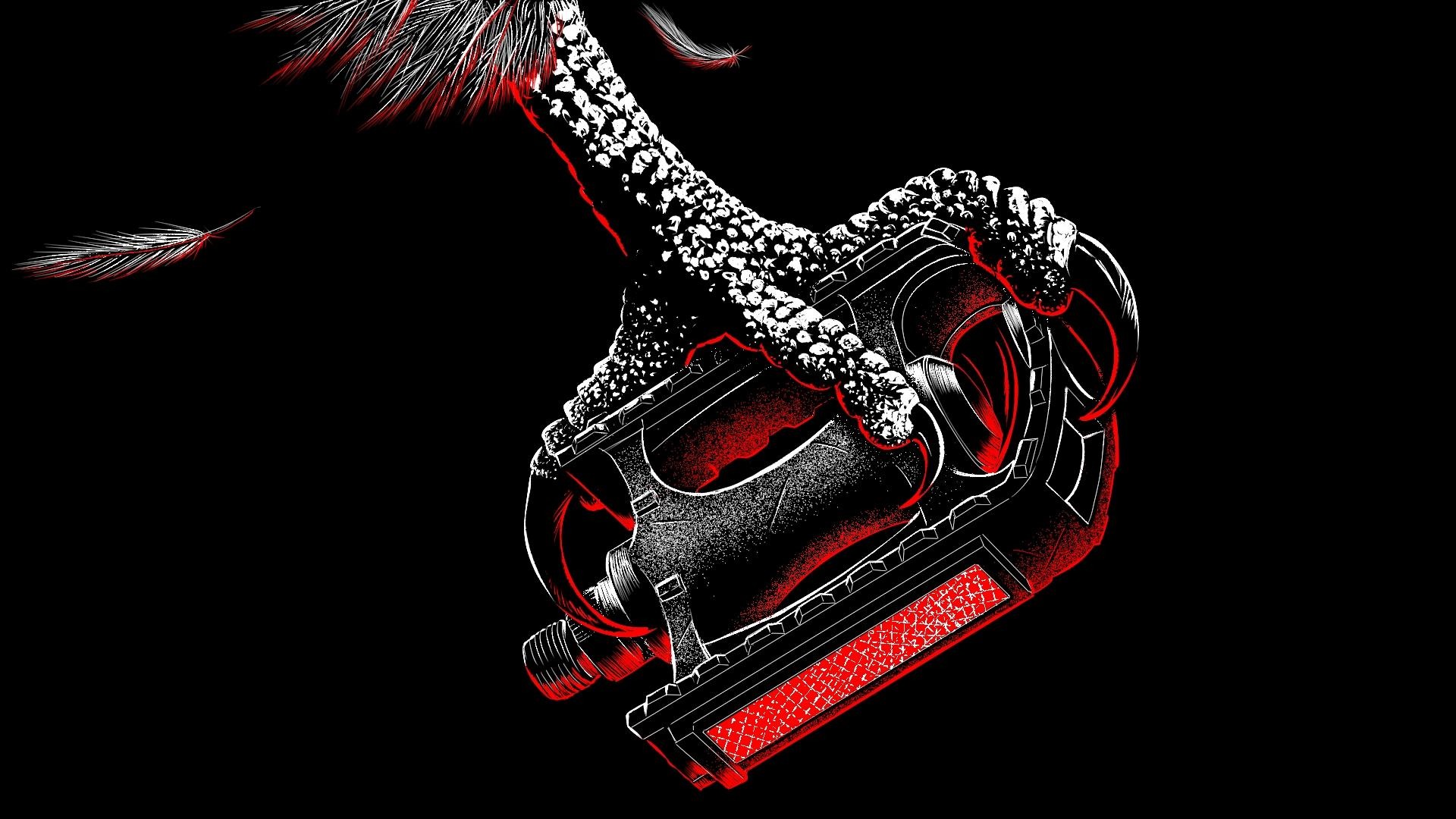Howard Givner is a serial entrepreneur, innovator and business strategist, specializing in the events industry. He advises corporate event businesses on growth, innovation, measurement, strategy and M&A as a senior advisor at investment bank Oaklins DeSilva+Phillips, and runs his own consulting company, Heathcote Advisory Group.
Givner has successfully built and sold three event businesses and has advised over a dozen other on M&A and growth. He founded and built the Event Leadership Institute, a provider of online education for planners which was acquired by PCMA in 2023. Givner also led the U.S. division of Grass Roots Meetings & Events during its sale to BCD Meetings & Events in 2018. Before that he built and later sold his event agency, Paint the Town Red, to Global Events.
In addition to speaking at industry events, including the upcoming Skift Meetings Forum 2025, he is an avid hiker, crossword solver, podcast junkie, fiction writer and cancer survivor.
What does innovation mean to you?
An innovator doesn’t accept “this is just how it’s done” for an answer. Innovation is about challenging the status quo and looking to make things better. It’s about questioning why we do things, and if the answer is “because that’s how we’ve always done it” then you look for a better solution.
I need a reason for things, and if there’s not a good one, I’ll challenge the original premise. I’ve been in numerous meetings where I simply ask “what’s the goal of this event?” or “why is this event structured the way it is?”, or even “why are we doing this event at all?” which makes people very uncomfortable.
One of the greatest compliments someone once gave me, about my tenure on a board, was “When you’re in the room, the conversation changes.”
Why is innovation important in the meetings industry?
The short answer is that if the events and their organizers don’t innovate, they will be disrupted by new upstarts who are laser-focused on delivering measurable value.
If you fell asleep in a college classroom 100 years ago, and woke up in a college classroom today, you’d feel very much at home. Aside from people using cell phones, everything is kind of the same: the teacher is at the front of the classroom imparting their knowledge and the students sit at desks listening and taking notes.
The same thing can pretty much be said about the events industry. If you fell asleep at a trade show or conference 50 years ago and woke up at one today, it would look very much the same. There are sessions where people stand at the front of the room and impart knowledge, there’s a show floor where exhibitors display their latest products, there’s a general session with an inspirational keynote speaker, attendees walking around wearing badges, etc.
This is not to say we should change things for change’s sake. Just because something’s been around for a long time doesn’t mean it needs disrupting. I’m always amazed at basic inventions that have stood the test of time because of great design and utility. However, I’m not sure the same can be said for meetings and events.
How can events benefit from innovative approaches?
There are still way too many events and the majority don’t deliver great ROI for stakeholders (attendees, exhibitors, sponsors, etc.) but have kept going because they make money. People may keep attending and/or exhibiting there for two reasons: They feel they don’t have other options, or they’re not able to accurately measure the ROI of those events. I believe those events are on borrowed time, however, because both of those reasons are changing.
The ability to launch new events is easier than ever now, particularly with the rise of a creator economy that enables thought leaders to curate their own audiences.
Also, business events, which had typically been driven by the sales department, are increasingly falling under marketing, whose leaders are very used to measuring ROI on almost all other channels.
Plus, the number of companies looking to crack the code on measurement is increasing, as is the money being invested in them.
Which areas need innovation the most?
Content and networking, both areas with relatively low tech challenges that are in dire need of innovation.
Event organizers generally do a poor job of coaching and curating quality presentations and sessions, if they do so at all. The events that invest some time and effort in helping their speakers level up their sessions will be rewarded with grateful and loyal attendees.
The same goes for networking. The average event attendee only needs to connect with a few people — but the right people — to justify the value of their participation, yet so many events pawn their networking off to apps that are at best part of the solution. Those events are on borrowed time.
Who has inspired you most on your journey as an innovator?
Probably Steve Jobs and Elon Musk (before he became a social media troll). They’re the modern equivalent of Thomas Edison, prolific inventors and innovators. Each one had a vision of what could be, and drove their organizations to innovate and make it happen, often by force of will. Nobody saw a world where everyone had a personal computer, but Jobs did, and he made it happen. Musk single-handedly made electric cars cool, and forced the entire automotive industry to re-think their approach to engines, not to mention his work on SpaceX and Starlink.
What organizations are good examples of innovation?
I often think about Netflix as an inspiration. They’ve had so many seminal innovations. First with subscription DVD rental by mail, then disrupting their own business by pivoting hard to streaming, then by investing in creating their own content and upending the entire Hollywood studio system.
Does innovating events require looking outside the industry?
It’s critical to cast a wide net when it comes to inspiration. Going back to Steve Jobs, it was his fascination with calligraphy that drove him to create a wide range of fonts for the Mac, bringing elegance and style to what was previously a very utilitarian field.
Event professionals should be looking everywhere. Hotel and restaurant design, fashion, technology, education, content creation,
How do you get buy-in for your innovations?
A lot depends on the organization you’re working at, because many organizations are designed to block innovation, whether intentionally or not. If you’re working there, be prepared to bang your head against the wall, and be disappointed.
One of the best ways I’ve gotten buy-in for innovation is to paint a picture of what happens when someone else disrupts what we’re doing. First, get them to recognize that there’s a better way of doing something. Once they’re on board with that, which is not always easy, the logical next step is helping them visualize getting left behind by the inevitable disruptor. E.g., “It’s a matter of time before someone builds a better mousetrap, and we’re playing catch up. Why don’t we build that mousetrap?”
Is failure an important part of innovating?
Absolutely, provided the failure is somewhat calculated.
One of the nice changes in recent decades has been taking the narrative that innovation comes from “Aha moments” of discovery, and shifting that to something like the Lean Startup methodology, where innovation is broken into a series of iterative steps:
- Build (put out a minimum viable product)
- Measure the results
- Learn from customer feedback
- Build the next version, etc.
What advice would you give to aspiring innovators?
If you have an idea and you’re shy about advocating for it, think how you’ll feel if/when someone else comes out with the same idea. You’d be kicking yourself, right?
Also, be prepared to be second guessed, or ignored. Most famous innovators had their ideas dismissed or even laughed at, but you have to have conviction of your innovations. At one point Xerox owned the technology for the computer mouse and graphical user interface. When Apple asked to license the technology, a Xerox executive reportedly scoffed at them and said, “What would Apple want with a mouse?” The rest, as they say, is history.
What would you most like to be known for?
Innovating the way we approach professional development. I created the Event Leadership Institute (now PCMA Event Leadership Institute) to build the kind of training I wanted, but couldn’t find, when running my event agency. I’m proud of many of the innovations we pioneered in the space.
In many ways the industry was not ready for all that, but everything changed when Covid hit. Suddenly the entire industry was grounded, and had to embrace online learning.
Probably the thing that made the biggest impact was fast-tracking the roll out of our Virtual Event & Meeting Management certificate course. We launched it in March of 2020, right when the pandemic was starting, when virtual events were the only lifeline available. We had thousands of people run through that course, and the thank you notes I received were incredible. We really helped so many people save their jobs and their businesses.
I would also like to be know for helping change the perception of event professionals from order takers to trusted advisors. I’ve been advocating for this for years, and have done numerous workshops, courses, articles, and sessions on how event professionals can get — and keep — a seat at the table. The most powerful way to do that is by being able to help clients articulate their event goals, work with them to determine ways to measure success, and then calculate event ROI. The industry has made a lot of progress in this area, but we are still woefully far from where we need to be.


